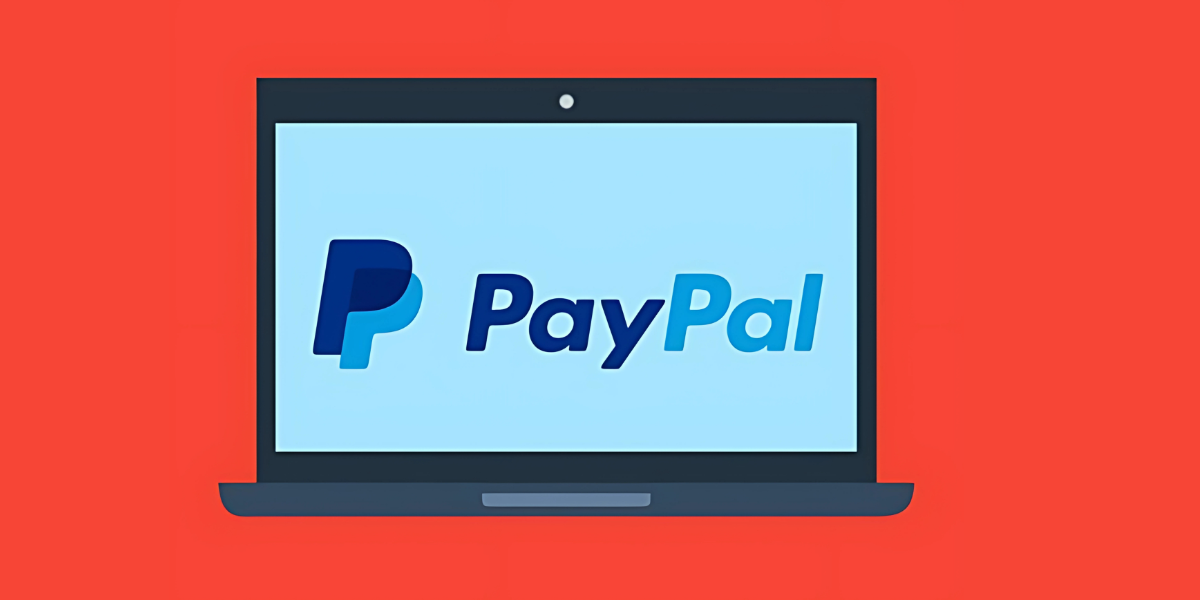Considering the wholesale adoption of digital wallets as the preferential payment option in recent years, with 50% of all global online transactions made in 2023 using them, it could be said that PayPal was way ahead of its time. Established back in 1998, the company is seen as a pioneer of the electronic payment system, helping to pave the way for a whole generation of digital wallets. Through a unique combination of innovative ideas, user-friendly design, and smart business decisions, PayPal revolutionized online transactions while cementing itself as one of the most valuable fintech companies in the world.
In an ever-evolving market, however, with increasing competition and constantly shifting consumer preferences, some have questioned whether PayPal still remains the safe stock it has consistently been since going public in 2002. Let’s take a closer look and assess the factors that may be impacting the company’s economic position.
Where does PayPal currently stand?
In their most recent annual report, PayPal posted total revenues of $29.8 billion, reflecting revenue growth of 8% on the previous year, as well as a total operating profit of $5.03 billion. On the face of it, these figures present a positive picture with solid growth, indicating an impressive future outlook. However, with revenue growth increasing at a slower rate for a second consecutive year and active accounts down 2%, there are indications that PayPal’s impressive growth could be waning. Despite these question marks, there remain several factors, both internal and external, that are keeping long-term investors on the side.
Factors driving success
Continued growth of e-commerce
PayPal owes much of its success to its unique intertwining with the explosion of e-commerce over the last two decades, with its simple payment system proving the go-to solution for many online shoppers. As e-commerce only continues to increase its domination of the retail market, PayPal’s synonymity with the online world will hold it in good stead. Furthermore, the company has made sure to tap into the emergent smartphone scene, too, identifying the economic potential of penetrating this market. With its PayPal app as well as its subsidiary Venmo, the company has ensured it has not been left behind.
Shift towards a cashless society
With rapid technological advancements in the finance sector, it seems we are moving closer and closer to a cashless society. Digital payment methods have become the norm, while blockchain-based cryptocurrencies are emerging as the next wave of transaction systems. And with the COVID pandemic accelerating the move away from physical cash, society is closer to becoming cashless than ever before. This has only benefitted digital payment companies like PayPal.
Diversification of operations
PayPal has reacted to shifting market dynamics by diversifying its business operations, targeting new markets, and expanding its services beyond its traditional payment systems. For example, they have invested in the emerging global iGaming sector, where using PayPal for a casino deposit has now become increasingly available. In addition, the acquisition of several novel fintech companies like Venmo, Braintree, and Zettle has allowed the company to widen its revenue streams in the face of increasing competition. This ability to recognize and effectively react to market changes has ensured PayPal remains relevant in today’s fintech sector.
Challenges and limitations
Increased competition a reality
While for many years PayPal sat unchallenged atop the digital payments tree, the market has experienced significant upheaval following the impact of big tech’s arrival on the scene. Both Apple and Google payment services have become widely adopted, thanks largely to their incorporation into iPhones and Android devices, respectively. With sleek integration into the latest operating systems, there is an increasing risk of PayPal becoming obsolete for many smartphone users. It’s not just the big players either, with several innovative payment companies like CashApp, M-Pesa, and Zelle further intensifying the fight for space on the market. Going forward, PayPal will need to ensure it continues to provide a unique service to its customers.
Greater regulations on the fintech sector
In response to the increasingly complex nature of the latest financial technology emerging from the sector, governments around the world have sought to tighten their regulations with regard to modern finance. With inherent risk associated with the collection and storage of high levels of personal data, notably the possibility of data breaches and cyber terrorism, legislators are increasingly demanding that more robust cyber security measures be put in place by companies. For example, following the collapse of Synapse Financial Technologies last year, US regulators have proposed new guidelines for effective recordkeeping in the fintech sector. For the consumer, these changes are, of course, beneficial; however, for companies like PayPal, navigating these complex regulations comes at a cost. Like walking through treacle, ensuring compliance requirements are met is an expensive and slow process that could inhibit future market growth.
A stalling growth rate
The reality is that the growth rate over the past two years has failed to match the levels previously experienced, and while this is not yet setting off alarm bells, stockholders will be tracking the situation closely. It is clear there are several external factors, discussed above, that are impacting the performance of PayPal in the market. The quality of how company decision makers respond is vital moving forward. With several initiatives already being implemented at the company, next year’s financial report can’t come quickly enough.
There is no denying that PayPal has faced some serious challenges in recent years that have inevitably impacted the quality of its position on the stock market. Despite this, the company remains in an impressive place, with a 37% share of the payment management market and an estimated 45% share in payment processing. This strong position, along with its recent initiatives looking to diversify its operations, still makes PayPal a relatively safe stock. Investors looking for significant growth, however, may see other high-potential opportunities emerge as the fintech scene continues its rapid rise.


 Tags:
Tags:










